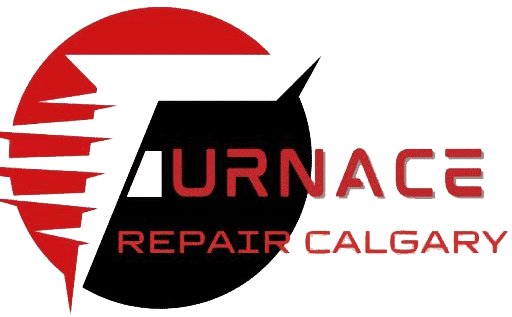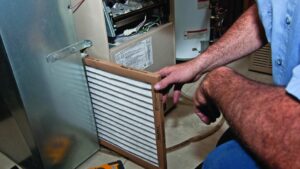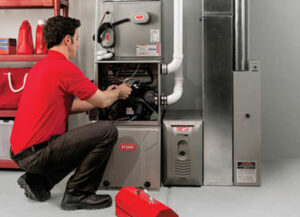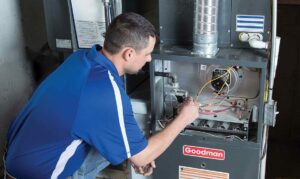When Should You Upgrade Your Furnace?
When should you consider upgrading your home furnace? If you’re paying too much on utility bills, it may be time to replace your furnace. Studies show that a whopping 80 percent of a home’s energy consumption comes from home and water heating in Canadian homes. Imagine that! Suppose you are wondering about what might be causing your high utility bills. In that case, you may want to take a closer look at your heating system and figure out if you need an upgrade.
Why a new furnace you might ask. If you have an old furnace that’s eating up your energy bills, upgrading to a more efficient home furnace can cut 35 percent off your total heating cost. On top of that, companies that offer top-of-the-line and high-efficient furnaces usually offer rebates and even tax incentives for every purchase you make. If that doesn’t convince you, I don’t know what is.
Four ways to extend the life of your gas furnace
Proper Calculation of Your Home Furnace
Upgrading your furnace to a more efficient model requires more than just purchasing a new unit. To make the most out of the heating system you need or prefer, it is always important to consider some important factors that will determine the best heating system that your home requires. These factors include energy cost, weather, home design, size, and a lot more. These are taken into consideration when a heating loss or heating load calculation is done. This is the proper calculation done by qualified contractors to assess the entirety of the home before a final decision is offered to consumers about the kind of heating system they need.
Heating Systems
- Gas and Oil Forced Air Furnaces. Most Canadian homes make use of forced air furnaces for their heating requirements. This system uses air to produce heat, relying on ductworks, vents, and plenums to distribute air to the designated spaces. We recommend an Energy Star rated system with a minimum 95 percent annual fuel utilization efficiency (AFUE) when looking for forced air furnaces. AFUE is the measure of fuel turned into heat. The higher the AFUE, the more efficient the unit is. Since 2010, Canadian homes require a minimum of 90 percent AFUE.
- Boilers make use of fuel to heat water and circulate it through baseboard heaters or radiators. Space heating boilers also function as domestic water heating systems for residences. Just like forced air furnaces, boilers also use AFUE. Boilers that qualify for Energy Star use gas, propane, and oil. Electric boilers do not qualify.
- Electric and Baseboard Systems generate heat by making use of electric resistance heating elements. This choice of heating system requires homeowners to upgrade their electrical service as needed or mandated. You may consult with a qualified technician to discuss any of the changes you need.
- Integrated Mechanical Systems. These all-in-one units can heat your house, your water and, at the same time, provide ventilation. If your heating system has finally kicked the bucket, this may be a good option for you.
- Heat Pumps. As technology continues to advance, heat pumps are becoming more and more popular in Canadian homes. They transfer heat between the earth or the air (depending on the heat source) and your house. The process this system uses is like the condensing gases as a refrigerator. Heat pumps use electricity to make the compressor and fan function.
Professional Installation of your Home Furnace
Getting a new home furnace installed requires professional attention. To ensure that the furnace operates at maximum efficiency, a qualified technician must conduct a load calculation and install the ductwork and furnace. You can refer to the Heating, Refrigeration, and Air Conditioning Institute of Canada for help in getting a professional installer in your area.






